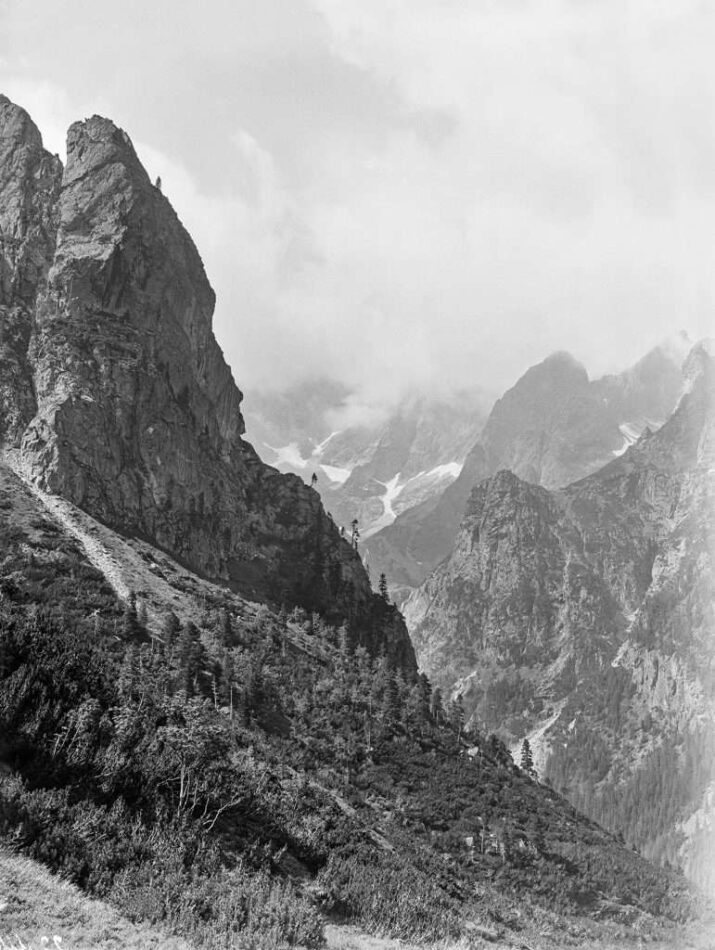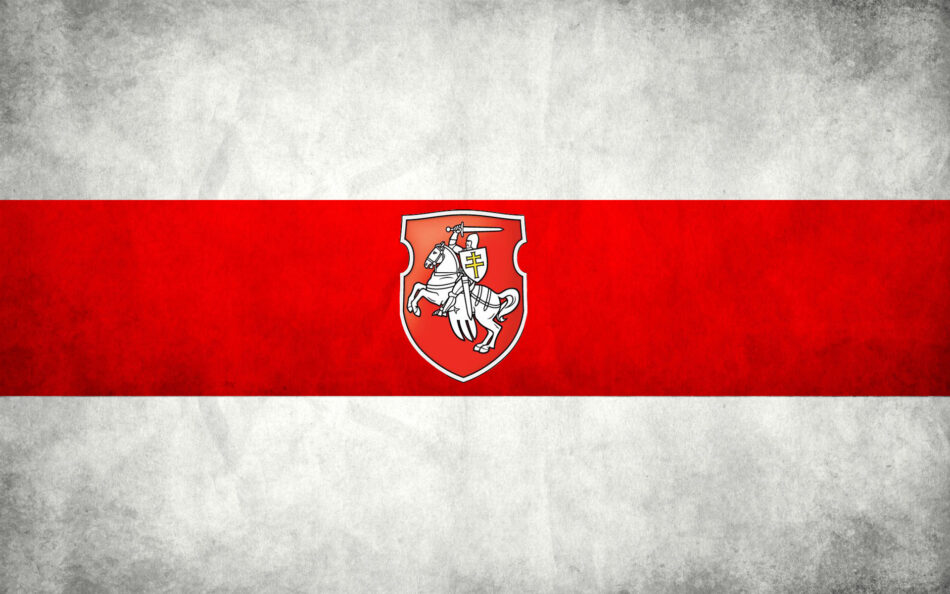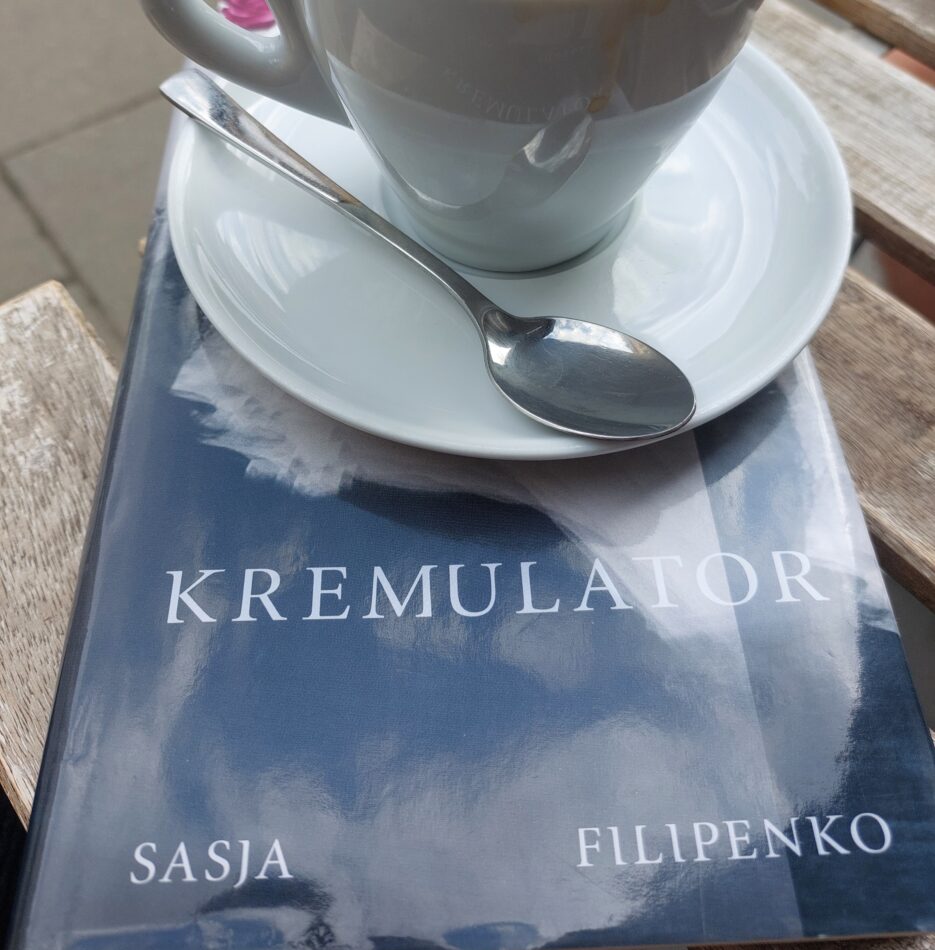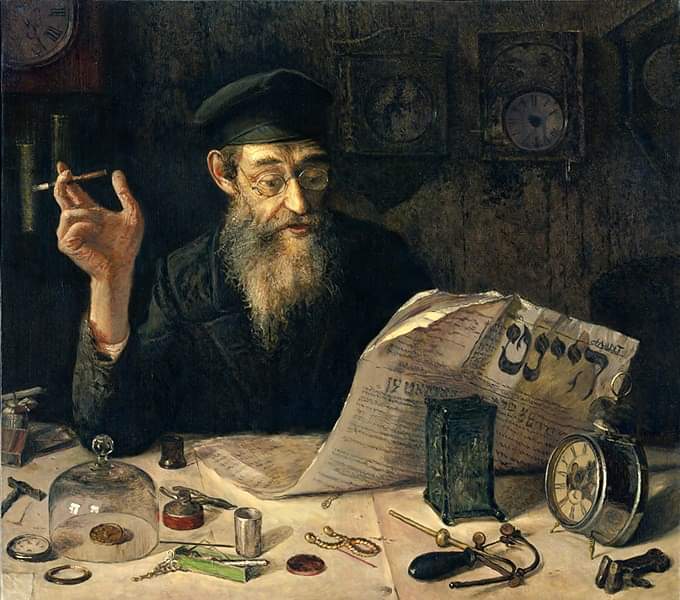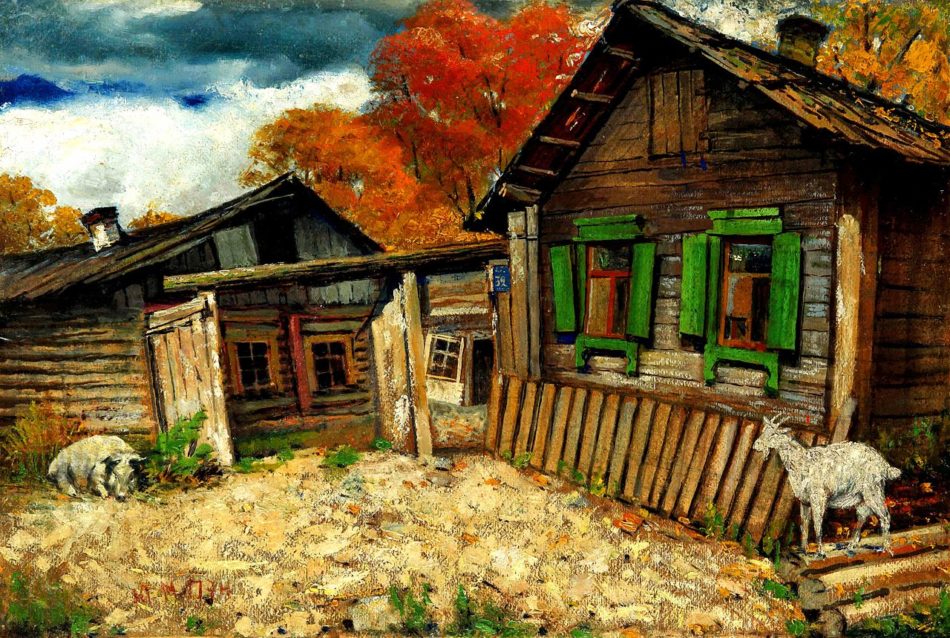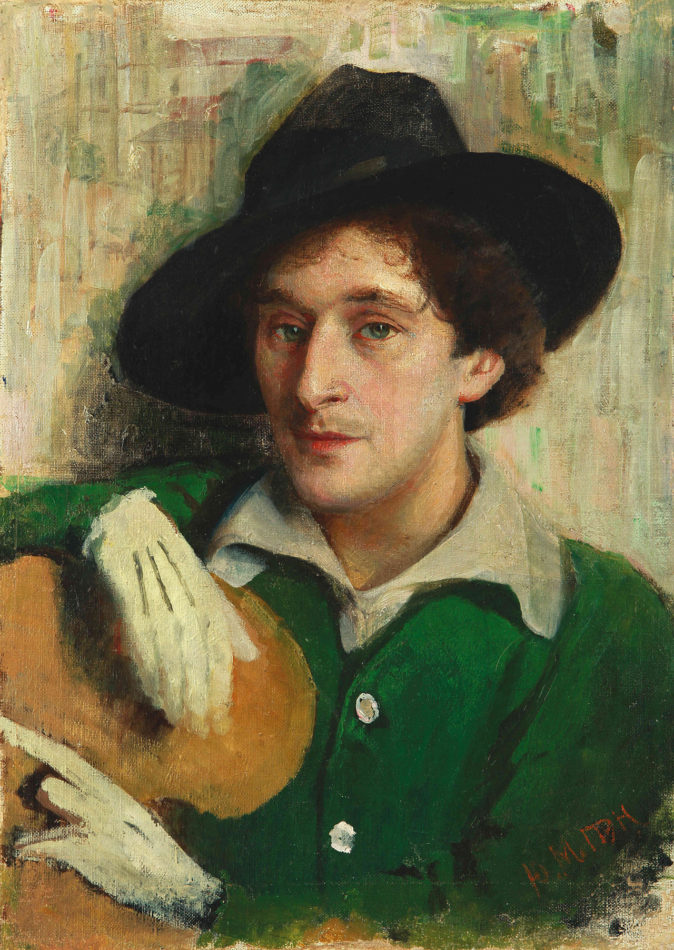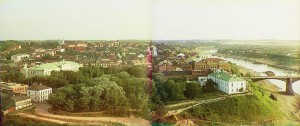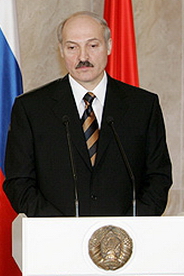Dagens anteckning – 1 december 2025
Category: by sophie engström
Tags: belarus, Dagens anteckning, Karol Szymanowski, Mieczysław Karłowicz, Zakopane
Jag vet inte hur ni inledde veckan, men jag påbörjade den med att fundera över hur man bäst inleder en vecka och slutligen landade valet på Mieczysław Karłowicz (1876-1909) och hans sista tonsättning den symfoniska dikten “Episod på en maskerad” (“Epizod na maskaradzie” op 14) från 1908-1911. Den observanta läsaren noterade säkerligen att verket färdigställdes efter Karłowicz död, och det stämmer helt och fullt, ty det var vännen, och tillika dirigenten och tonsättaren, Grzegorz Fitelberg som såg till att verket fick sin slutgiltiga form.
Karłowicz påbörjade arbetet i februari 1908 och vid sin död exakt ett år senare, skulle två tredjedelar av tonsättningen vara klar. Inspirationen till verket hämtade han troligtvis hos en novell av sin favoritförfattare Ivan Turgenjev. Handlingen i novellen utspelar sig på en maskerad, men det var inte handlingen som Karłowicz försökte återge, utan den stämning som utspelar sig mellan två älskande som möts på maskeradbalen, hur de först erinras sin ljuva kärlek och hur den sedan slås i spillror av maskeraderns plumpa lekar. I verket kan den kunniga tydligt höra hur det finns två teman, den manliga och den kvinnliga karaktären, som ställs mot varandra. Men man kan, som jag, också bara njuta av musiken och inte alls söka någon dramatik som den Karłowicz ville skänka lyssnaren. Själv appelleras jag, givetvis, av valthornens drömlika toner, men huruvida de tillhör kvinnan eller mannen vågar jag inte diktera.
Precis som musiken som beskrivs ovan var Mieczysław Karłowicz en särdeles intressant person. Han föddes i en polsk adelsfamilj i Visjneva, som idag ligger i nordvästra Belarus på gränsen mot Litauen. Familjen sålde dock sitt gods tidigt och förde några år av kringflackande liv i dagens Tyskland och Tjeckien innan de slog sig ner i Warszawa. I hemmet var musiken hela tiden närvarande, samt faderns stora intresse för etnologi. När Karłowicz var sju började han studera violin och redan i tonåren fördjupade han sig i musikteori, kontrapunkten och allmän kompositionslära. Samtidigt studerade han naturvetenskap vid universitetet i Warszawa.
När han var 19 år gammal flyttade han till Berlin med avsikten att studera violin för den stora mästaren Joseph Joachim, men han kom inte in på den utbildningen och fick nöja sig med att studera för en mindre meriterad violinist. Det var också under denna tid som ham började komponera på allvar. När han återvände hem till Warszawa ville han slå ett slag för polsk konstmusik och han arbetade enträget med att försöka få den då nybildade filharmoniska orkestern i Warszawa att framföra musik av polska tonsättare, med blandat resultat.
Karłowicz signum var den symfoniska dikten, och trots att recensenterna inte gav honom bifall, fortsatte han att arbeta med och utveckla den formen. Han skulle från 1904 fram till sin död tonsätta sex verk i denna form, och i sin tonsättarkonst visade han tydligt att han hade samma uppfattning om konstmusik som tonsättarna inom gruppen “Unga Polen”, där Karol Szymanowski ingick, men Karłowicz tillhörde formellt inte den gruppen, även om hans musik andas samma uttryck.
Karłowicz delade också kärleken till Tatrabergen med tonsättarkollegan Karol Szymanowski, och 1907 flyttade Karłowicz sålunda till Zakopane där han ägnade sig inte bara åt att tonsätta utan även åt bergsbestigning och att fotografera de vackra bergen. Det var också under en sådan exkursion som han förolyckades 32 år gammal i en lavin 1908, innan han lyckades färdigställa “Episod på en maskerad”. Efter sig lämnade han sex symfoniska dikter, en symfoni, en violinkonsert, samt flera verk för kammarmusik och sånger. Därutöver efterlämnade han ett stort arkiv av fotografier av Tatrabergen.
—
Fotot nedan är fångat av Mieczysław Karłowicz år 1906.
